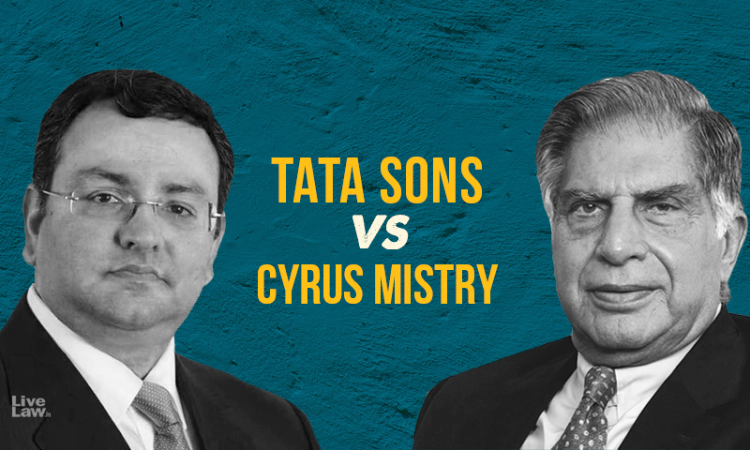In a big win for Tata Sons Ltd, the Supreme Court on Friday allowed its appeal against the order of the National Company Law Tribunal, which had ordered to reinstate the ousted Chairman Cyrus Mistry.The Court allowed the appeal of Tata Sons, answering all questions of law framed in the case in its favour, and set aside the NCLAT order. The appeals filed by Shapoorji Pallonji group and...

